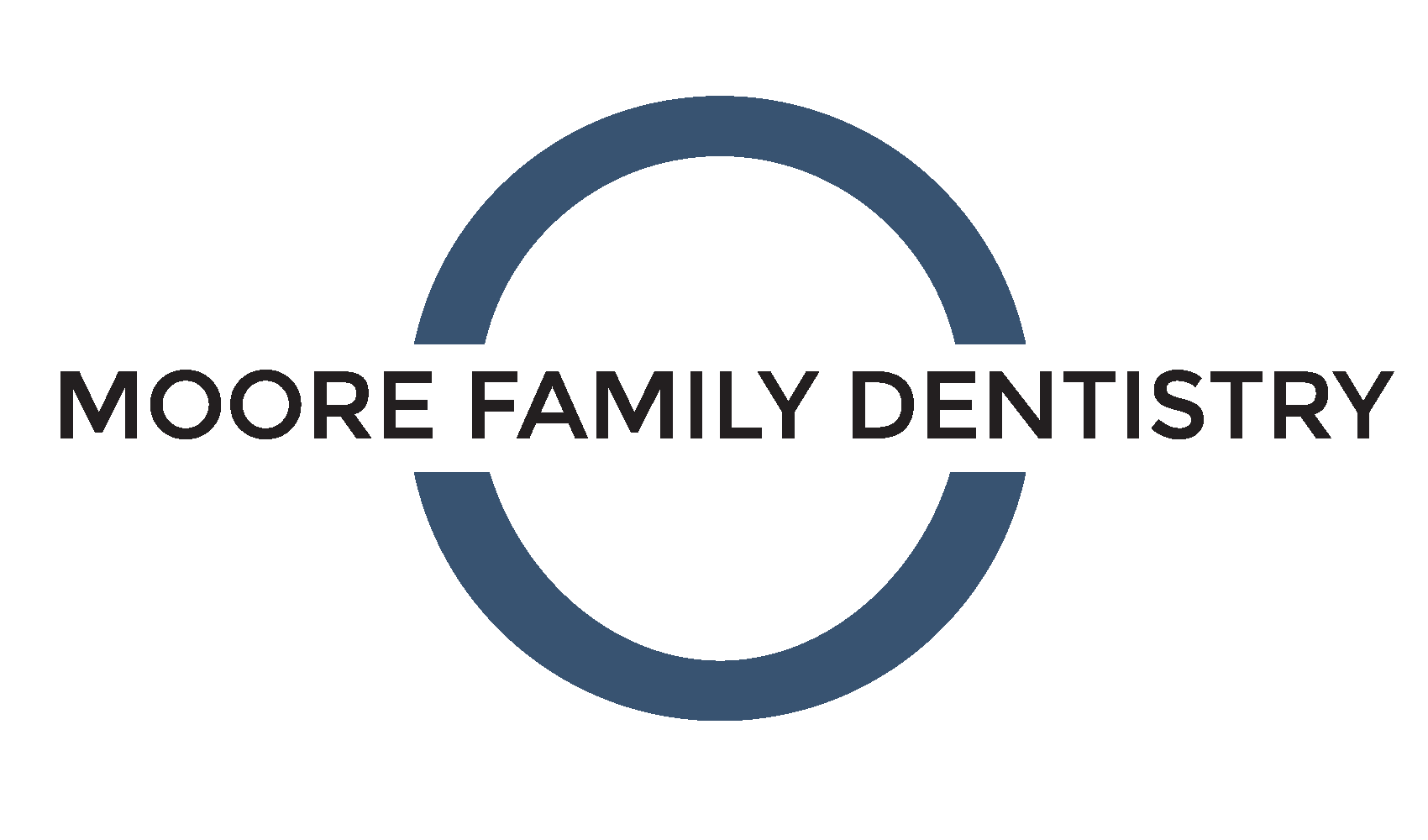What is teeth cleaning? Simply put, this is oral hygiene. It is the process for removing plaque from our teeth in order to prevent the formation of cavities, gum disease, and other problems. You are already familiar with this concept since you brush your teeth every day – and if you do not brush at least three times a day, start! It is extremely important to keep those teeth clean!
Flossing, too, is a way we keep our teeth clean. Flossing is when we take a piece of dental floss and guide it between our teeth in order to get at plaque that lives between the teeth and to dislodge any food that might be stuck. Have you ever eaten popcorn and had the bits get stuck in your teeth? What about steak? All sorts of stuff gets trapped there, and it has to be removed before it rots, breeds plaque bacteria, and leads to cavities that will require fillings.
The most effective teeth-cleaning method is brushing with an electric toothbrush, because its spinning action can get rid of gunk that a normal toothbrush cannot. Combined with regular dentist visits and flossing, using an electric toothbrush is a surefire way to keep the teeth clean.
Your teeth can also be cleaned by scrubbing with a twig instead of a toothbrush. This may taste odd, depending on the type of twig used, as some saps – the sap acts as toothpaste – can be terribly bitter. Please do some research before using this method. If you really want to use the natural route, look for environmentally friendly toothpastes in your local health food store, do not actually go out into your yard and grab the nearest tree.
Your dentist uses various special tools to get your teeth nice and clean, and it is recommended to go in for a cleaning every three to six months. A dental hygienist will use several tools to remove plaque build-up in areas where we can’t usually reach, and will finish by polishing the teeth to a nice shine. Fluoride treatment is optional.
Although routine teeth cleaning is important, what is also important is that we are careful with how we do it. If we are too rough in our cleaning methods, then it is possible to damage the gums, tooth enamel, or inadvertently cause gingivitis. If you are not sure how to brush and floss properly, ask your dentist or dental hygienist. They will be happy to show you how, and will be willing to teach you until you fully understand.
Proper oral hygiene is the key to oral health. Get your hands on a toothbrush, dental floss, and get to work! Your teeth are counting on you!
